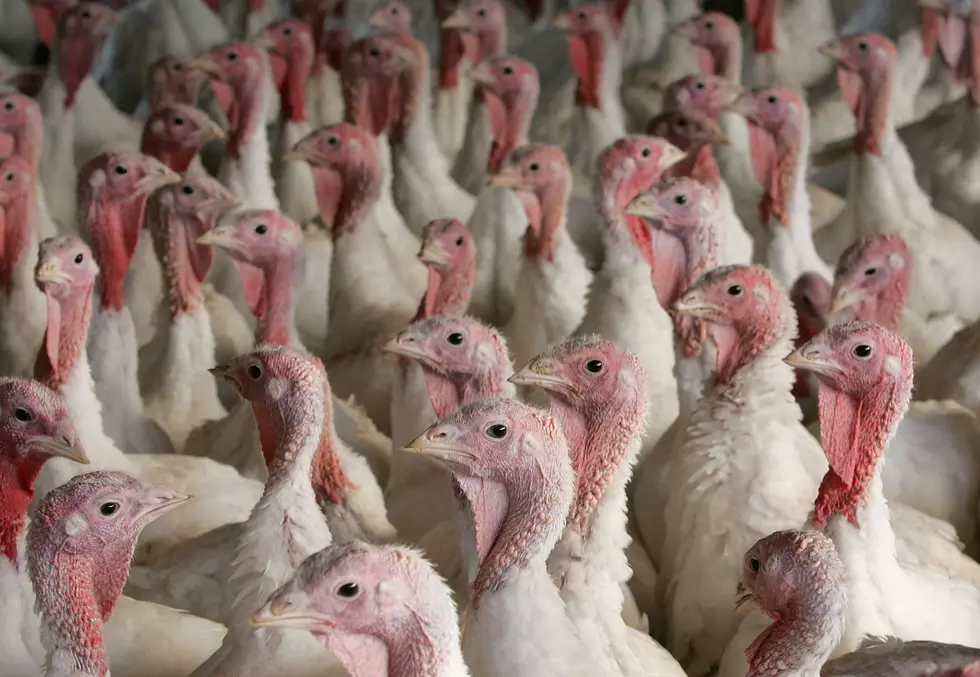
Thank You Syngenta at Stanton
Corn and soybean farmers in Dakota and Rice counties had a great opportunity to see Syngenta's new Seed Care Institute facility at Stanton. The staff at the Seed Care Institute took a few hours of their time to give corn and soybean growers a tour of the institute before the annual meeting. It was not a surprise that there were a lot of farmers at the tour and annual meeting wanting to see what the Seed Care Institute does.
The grand opening for the Seed Care Institute at Stanton was late last summer. The mission of the Seed Care Institute is to make sure the seed treatments developed by Syngenta perform as they are intended. It is one thing to find a product that protects the seed from insects, root rots and other diseases but, is it environmentally friendly, does it affect the performance of the planter, does it stay on the seed until it is in the ground? These are a few of the questions answered at the Seed Care Institute.
The Seed Care Institute actually has modern corn planters where they can test the different products. Most planters today use air to transport the seed from the seed box on the planter to the ground. They even have air filters on the planters so they can measure the amount if any of the product that might be removed from the seed. If some is removed, then the polymer chemists go back to work to find or develop a coating that will keep the product on the seed until it is in the ground. Then of course it must break down quickly to release the product to protect the seed.
This reminded me of a news release I received from an environmental group claiming farmers using the neonicotinoid class of insecticides on seed treatments were responsible for killing pollinators or bees. It claimed that planters using large volumes of air were dispersing the insecticide from the seed into the air, killing the bees. It sounds like it would be possible or logical that it might be true. Well, until you see the tests and research done to make sure the insecticide stays on the seed until it is planted.
Syngenta is not the only company developing seed treatment products that perform as intended and protect the environment. Monsanto, Dow, Bayer and DuPont Pioneer all are doing the same thing. I would have liked to show pictures of all the equipment and things in the Seed Care Institute, but Syngenta asked that we not take pictures. I did get permission to take a picture of the Dakota Rice Corn and Soybean Growers annual meeting in the conference room.
More From KDHL Radio









